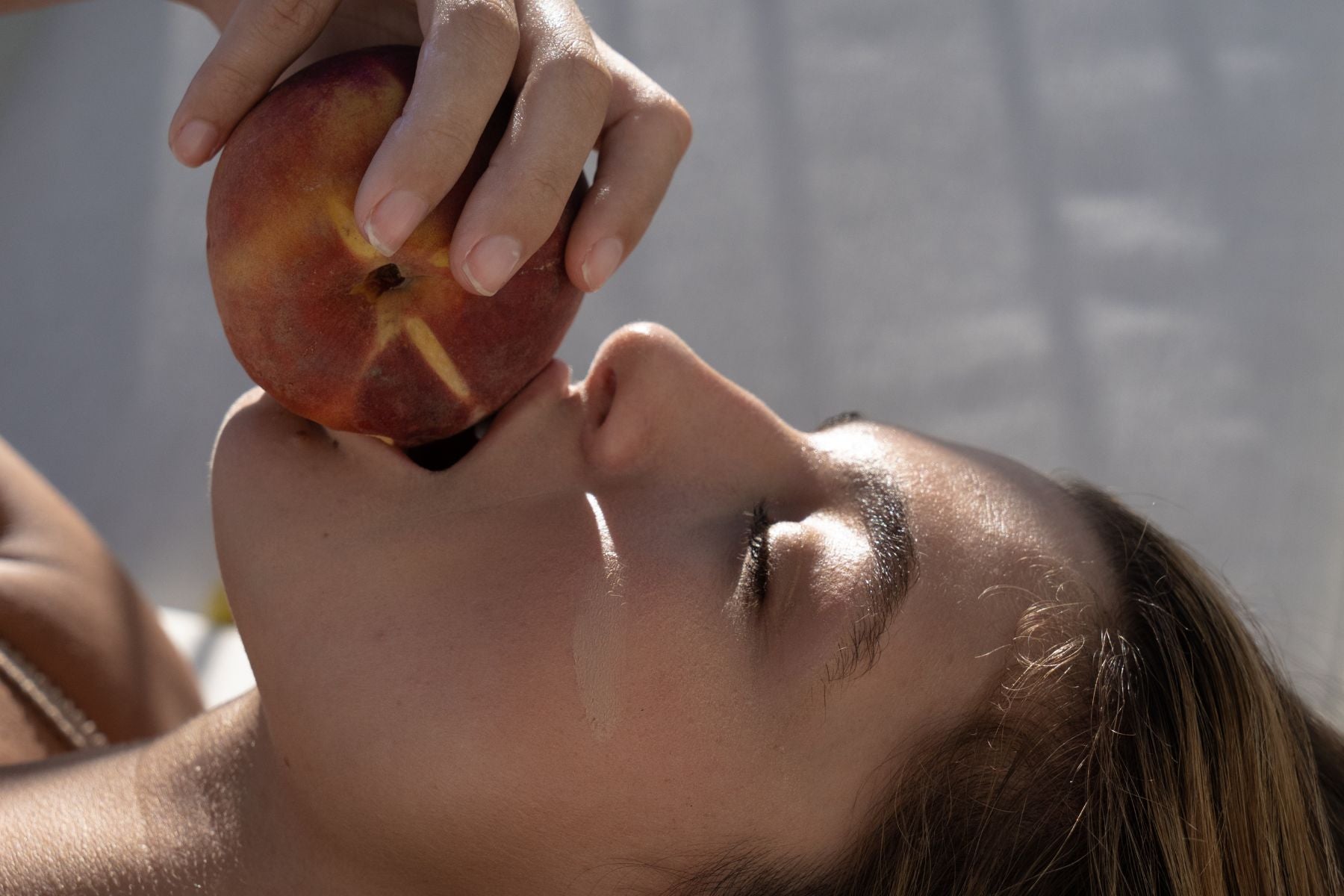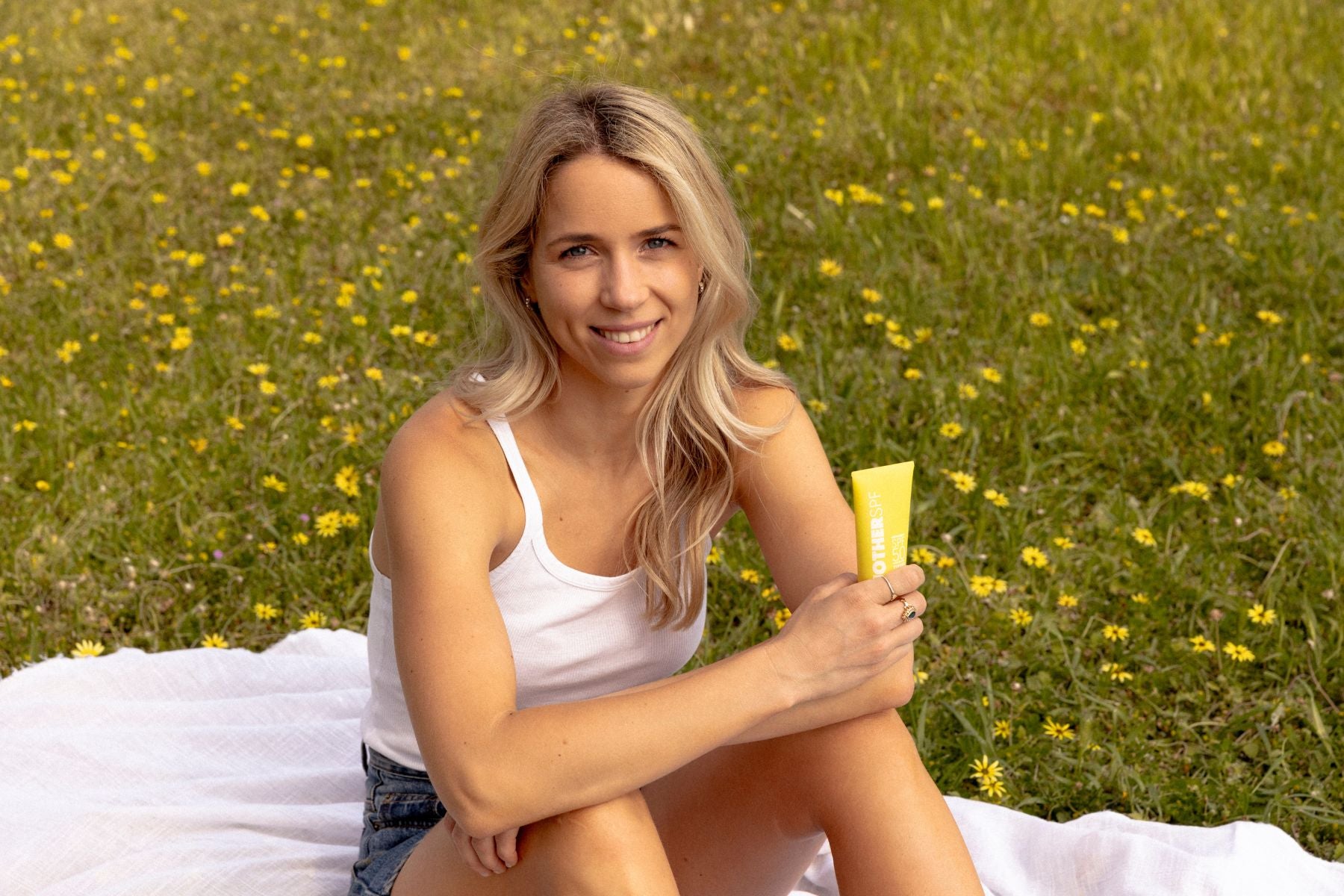Are Preservatives Really Safe for Your Skin?

You’ve got a cute little community living, growing and communicating on your skin. Think of it like the delicate ecosystem of the earth, except instead of beautiful trees, flowers, oceans and rivers, it’s a complex system of microbiota with bacteria, viruses and fungi.
Appetising, right?
Although these little critters may not sound appealing, they’re responsible for the health of your skin, and they’ve also been found to affect the health of your entire body.
WE KNOW 🤯
Your skin’s microbiome is now thought to be a pathogen ninja (definitely the scientific name), fighting off disease-causing microorganisms and boosting your immunity, skin barrier and its ability to defend itself.
So this clever community has a delicate web of relationships between them. The only catch? They’re not low maintenance. Quite the opposite.
They’re sensitive to conditions such as moisture, pH, temperature and weather elements. So when you introduce inflammatory substances - aka disruptive skincare, cosmetics and chemical sunscreen - to your routine, what’s the result?
At best, disruption of your face’s clever little community.
At worst, inflammation, disease and an altered immune system.
Parabens and the road to Phenoxyethanol
Parabens have taken a bad rap of late, and justifiably so. They’ve been used as a preservative in skincare for yonks. Since it’s now widely known that they disrupt hormones, fertility, reproductive organs, increase cancer and negatively affect newborns, they’ve gone the same way as greenwashing, discrimination and skinny jeans.
Out of fashion.
In their place? Most of the time, it’s the preservative phenoxyethanol. It’s used to keep products viable for longer, and it’s almost everywhere.
Yes, it’s better than its evil twin the paraben, but it’s still problematic.
Here’s why:
Remember that beautiful, intricate and complex community of microbiome that keeps our skin healthy and helps us fend off disease? It’s been found that applying phenoxyethanol in a simple cream was shown to disturb the skin microbiota.
It’s also known to:
- Irritate the skin
- Cause rashes, eczema, hives and dermatitis on some study participants
- Inhibit the survival of bacteria such as S. epidermidis.
- To change the balance of the bacterial population present in your microbiome
- This can alter the lipid film that covers the skin and affect the diversity of the skin's resident microflora
Although some of these side effects are uncommon, the science on its safety isn’t settled.
But back to that bustling, beautiful community living on your skin. It’s been found that on 1cm2 of human skin, up to a BILLION microorganisms are bumping about, working overtime to keep your skin healthy. Preservatives like phenoxyethanol are a big NO from us when it comes to your fragile, complex system that’s perfectly designed to keep your skin glowing.
Here at MOTHER we deeply value your skin and overall health. Which is why we view our physical sunscreen as an extension of your skincare routine.
And we don’t mess with ingredients.
So it’s time to read those labels, ditch the preservatives and heartily smile at your non-toxic MOTHER.
(the sunscreen and your real one 😉).



Comments